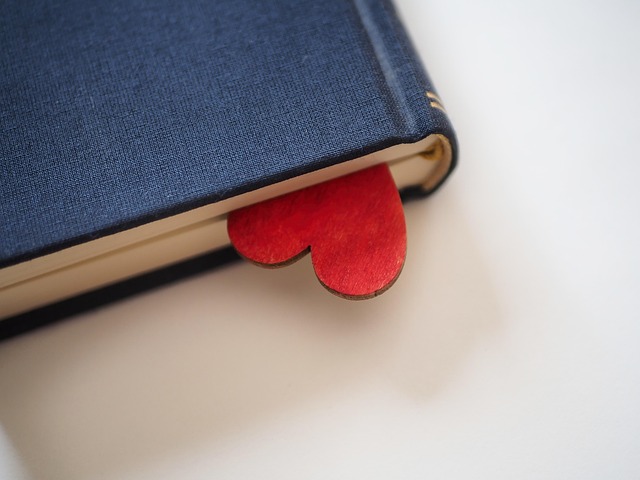The legal profession is demanding — long hours, intense deadlines, and the constant pressure to perform at the highest level. It’s no surprise that many lawyers struggle to maintain healthy relationships. After years of practice, two divorces, and working closely with countless clients facing their own relationship challenges, I’ve gained perspective on why relationships feel difficult for lawyers — and more importantly, what can be done to make them thrive.
This guide blends personal experience with practical strategies to help lawyers build stronger, more secure relationships while excelling in their careers.
Why Relationships Feel Challenging for Lawyers
Lawyers often juggle heavy caseloads, unpredictable schedules, and emotional strain from clients and cases. This combination can lead to:
-
Reduced availability
-
Emotional exhaustion
-
Work-life imbalance
-
Difficulty being present at home
But challenging is not the same as impossible. Strong relationships can flourish — with intention and the right strategies.
1. Prioritize Emotional Safety and Security
Healthy relationships are built on emotional security — feeling safe, valued, and respected. Lawyers often bring home stress from the workplace, unintentionally creating emotional distance with their partners.
How to Create Emotional Security:
-
Check in daily with genuine interest.
-
Express appreciation for your partner’s contributions.
-
Share what’s happening in your world instead of shutting down.
-
Create predictable routines that help your partner feel grounded.
Even busy schedules leave room for consistency, reassurance, and emotional presence.
2. Time Management That Supports Your Relationship
Legal work can consume entire days — and nights. But meaningful relationships require intentional time.
Strategies that work:
-
Schedule protected couple time in your calendar like any other important meeting.
-
Set boundaries for when you stop checking work emails.
-
Communicate schedules in advance so your partner knows what to expect.
-
Avoid vague promises like “It will slow down soon” — uncertainty damages trust.
Early in my career, I believed temporary sacrifices would lead to long-term rewards. But partners need to know when those sacrifices will end. Undefined work timelines can lead to resentment and disconnection.
3. Understand and Apply Love Languages
Different people give and receive love in different ways. Dr. Gary Chapman’s “Five Love Languages” framework remains useful because it helps identify what makes your partner feel valued.
The five love languages include:
-
Quality Time
-
Acts of Service
-
Words of Affirmation
-
Physical Touch
-
Gift Giving
Applying this as a lawyer:
If you work long hours, and your partner’s love language is quality time, no amount of gifts or verbal praise will replace meaningful moments together. Understanding what your partner truly needs helps you invest your limited time more effectively.
4. Communicate Honestly and Consistently
Communication is the foundation of a strong legal argument — and a strong relationship.
Best practices for busy lawyers:
-
Be transparent about upcoming deadlines or trial schedules.
-
Set clear expectations for availability during intense periods.
-
Let your partner know how long a busy phase will last.
-
Share feelings rather than bottling them up.
Your partner doesn’t need you to be available all the time — they just need clarity and honesty.
5. Balance Work Stress with Home Life
It’s common for lawyers to bring workplace stress home. Briefs, motions, client issues, and trial preparation all demand mental bandwidth.
Healthy habits to reduce the spillover:
-
Take 10 minutes before entering your home to decompress.
-
Create a “transition routine” after work (a short walk, music, or silence).
-
Avoid unloading all work frustrations onto your partner daily.
-
Leave work materials in a dedicated space so your home feels separate.
Your partner wants connection, not courtroom-level intensity.
6. Build a Support System That Strengthens Your Relationship
Whether it’s childcare, housekeeping, emotional support, or a flexible work environment, lawyers benefit tremendously from a strong support network.
Invest in support when possible:
-
Delegate responsibilities or hire help where feasible.
-
Talk openly with your partner about dividing household tasks.
-
Choose firms or roles that respect boundaries and well-being.
The right support doesn’t eliminate stress — it allows you to focus on both your career and your relationship with more clarity.
7. Make Relationship Maintenance an Ongoing Priority
Love doesn’t thrive on autopilot.
Practical ways to nurture your bond:
-
Plan regular date nights
-
Celebrate small wins together
-
Create rituals (Sunday breakfasts, evening walks, etc.)
-
Offer regular positive feedback
-
Show affection daily
Small, consistent gestures matter far more than grand occasional ones.
Final Thoughts: Lawyers Can Have Healthy, Fulfilling Relationships
Being a lawyer doesn’t doom your relationships — it simply means you must be intentional. With clear communication, emotional presence, healthy boundaries, and an understanding of your partner’s needs, it’s entirely possible to build a strong, supportive, and lasting connection.
The legal career is demanding, but love thrives when both partners feel valued, safe, and prioritized. With the right strategies, lawyers can maintain healthy relationships while succeeding in their profession — and both parts of life can flourish.

